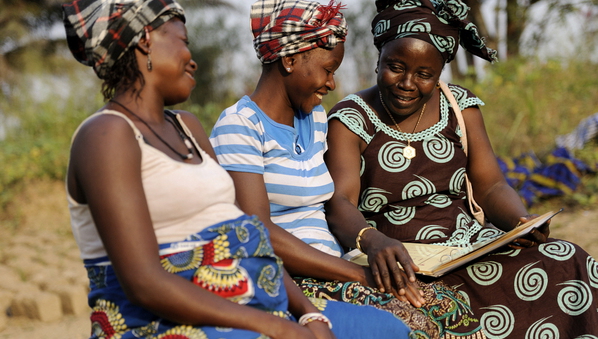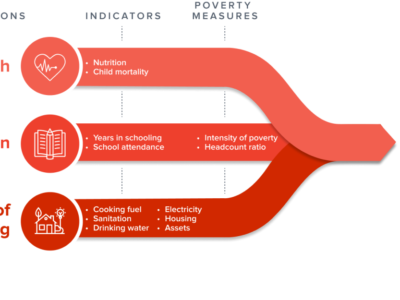Higher education is taking a more prominent place in debates over Africa’s future. But efforts to boost advanced university degrees have been fraught with difficulties. How should graduate training change so it better aligns with development needs and employment opportunities?

SciDev.Net is hosting a live debate on the topic “How should higher education in Africa change to drive inclusive development?” The discussion will take place on Monday 30 June from 14.00 and 16.00 BST (GMT + 1). There is a growing recognition of the importance of a strong higher education sector to the continent’s continued growth. This debate will explore the changes needed to ensure the sector delivers on its development promise. How can the under-resourced higher education sector produce more graduates with the types of skills and knowledge relevant to the needs of Africa’s social and economic development?
This poses a number of challenges. This forum follows on from SciDev.Net’s latest Spotlight: a series of articles and multimedia pieces under the theme of “Making higher education work for Africa”.
Debate questionss
1. What are the best ways for higher education establishments to overcome this lack of resources? Should they be working more closely together in networks across Africa? Should there be centres of excellence for research?
2. As universities look to boost student numbers, how can the quality of education be raised? How can more of the best brains be retained and how can those that leave be fully engaged?
3. As centres of research, should universities provide more training for the continent’s aspiring entrepreneurs? How can they do this without compromising their role as centres of academic excellence?
The debate draws on the experience and expertise of six panelists.
1. Martin Bosompem is a lecturer in the department of agricultural economics and extension at the University of Cape Coast, Ghana. He argues that higher education students need practical skills to be employable or to employ themselves.
2. Irene Friesenhahn works on the Global Young Academy’s Global State of Young Scientists project. In this capacity she has developed an insight into issues surrounding Africa’s higher education. She explains that Sub-Saharan Africa is struggling to produce more and better trained graduates.
3. Emmanuel Kweyu is operations director at @iLabAfrica, an information and communications technology (ICT) research centre, based at Strathmore University, Kenya. He maintains that universities should be forging closer ties with industry.
4. Goolam Mohamedbhai is former secretary-general of the Association of African Universities and former president of the International Association of Universities. Mohamedbhai believes Africa’s universities need to be producing more relevant research for Africa’s developmental needs.
5. Nanjira Sambuli is a research manager at ICT centre iHub in Kenya, where she leads the governance and technology research pillar. She believes that research should not be restricted to the confines of academic institutions.
6. Gerald Wangenge-Ouma is director of institutional planning at the University of Pretoria, South Africa. He argues that there is a danger of dumbing down in the rush to expand student numbers.
The discussion will take place on the comment section on Scidev.net’s Africa’s education debate page. There will also be a cross-posting of any questions gotten via Twitter (@scidevnet) using the hashtag #HE4Dev, so please get in touch from now.
source: Scidev.net





